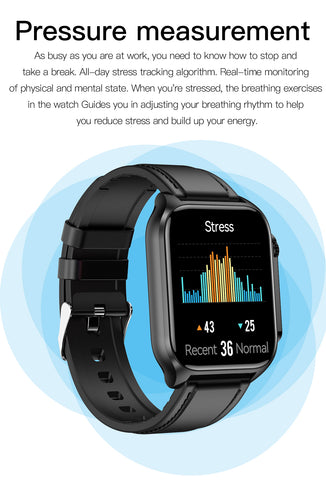How To Stop Stress Eating For Good
Stress eating, also known as emotional eating, is a common response to life's pressures. It involves eating to cope with stress, anxiety, and other negative emotions rather than to satisfy physical hunger. While this behavior might provide temporary relief, it can lead to unhealthy eating patterns, weight gain, and long-term health issues. Understanding its causes and implementing effective strategies can help you break the cycle.
Understanding Stress Eating
Stress eating is a behavior driven by emotions rather than physiological hunger. It often involves consuming comfort foods, which are typically high in sugar, fat, and calories, to temporarily alleviate negative feelings. The scientific basis of stress eating lies in the body's response to stress, which triggers the release of cortisol, a hormone that increases appetite and cravings for high-calorie foods. Additionally, eating certain foods can stimulate the release of dopamine, a neurotransmitter associated with pleasure and reward. This mechanism makes food a coping strategy for managing stress.

The Impact of Stress Eating on Health
Stress eating has significant repercussions on both physical and psychological health. On the physical side, consuming high-calorie foods during stress can lead to weight gain and obesity, increasing the risk of chronic conditions such as diabetes, heart disease, and hypertension. Relying on comfort foods often results in an imbalanced diet, lacking essential nutrients necessary for overall health. Overeating or consuming unhealthy foods can also cause digestive issues, including bloating, constipation, and acid reflux.
Psychologically, stress eating provides only temporary relief, often followed by feelings of guilt and shame, which can exacerbate stress and emotional distress. The fluctuations in blood sugar levels caused by unhealthy eating habits can lead to mood swings, irritability, and fatigue, further impacting emotional well-being. Breaking the cycle of stress eating requires understanding these impacts and committing to healthier coping mechanisms.
Identifying Triggers and Patterns
Recognizing the specific emotions and situations that lead to stress eating is crucial for addressing the behavior. Common triggers include work pressure, relationship conflicts, financial worries, and feelings of boredom or loneliness. Keeping a food diary can help you track eating habits and identify patterns related to stress eating. By recording what you eat, when you eat, and your emotions before and after eating, you can gain valuable insights into the triggers and develop strategies to manage them.
Effective Strategies to Stop Stress Eating
Mindful Eating
Mindful eating involves paying full attention to the eating experience, including the taste, texture, and smell of food, as well as your body's hunger and satiety signals. This practice helps distinguish between physiological hunger and emotional cravings. To practice mindful eating, take time to chew slowly and savor each bite. Avoid distractions such as watching TV or using electronic devices while eating. Listen to your body and stop eating when you feel comfortably full.
Stress Management Techniques
Adopting healthy coping mechanisms for managing stress can reduce the impulse to eat in response to emotional distress. Regular physical activity, such as jogging, yoga, or swimming, can release endorphins, which improve mood and reduce stress. Relaxation techniques like deep breathing, meditation, and progressive muscle relaxation can calm the mind and alleviate stress. Ensuring adequate sleep is also essential, as sleep deprivation can increase stress and appetite.
Developing Healthy Eating Habits
Establishing a balanced diet provides the body with necessary nutrients and reduces cravings for unhealthy foods. A diet rich in fruits, vegetables, whole grains, lean proteins, and healthy fats supports overall health and helps maintain stable blood sugar levels. Eating regular, well-balanced meals can prevent extreme hunger and reduce the likelihood of overeating. Keeping healthy snacks on hand, such as nuts, fruit, and yogurt, can prevent turning to unhealthy options during times of stress.

Building a Support System
Having a strong support system can provide encouragement and accountability in your journey to stop stress eating. Share your goals with friends and family and seek their support. Consider joining a support group for individuals struggling with emotional eating, where you can share experiences and gain insights from others facing similar challenges. Professional help from a therapist, counselor, or registered dietitian can also provide personalized guidance and strategies tailored to your specific needs.
Conclusion
Stress eating is a common but manageable challenge. By understanding its underlying causes, identifying triggers, and implementing effective strategies, you can break the cycle of stress eating and improve your overall health and well-being. Remember to be patient and compassionate with yourself as you make these changes. With effort and support, you can develop healthier coping mechanisms and foster a positive relationship with food.








